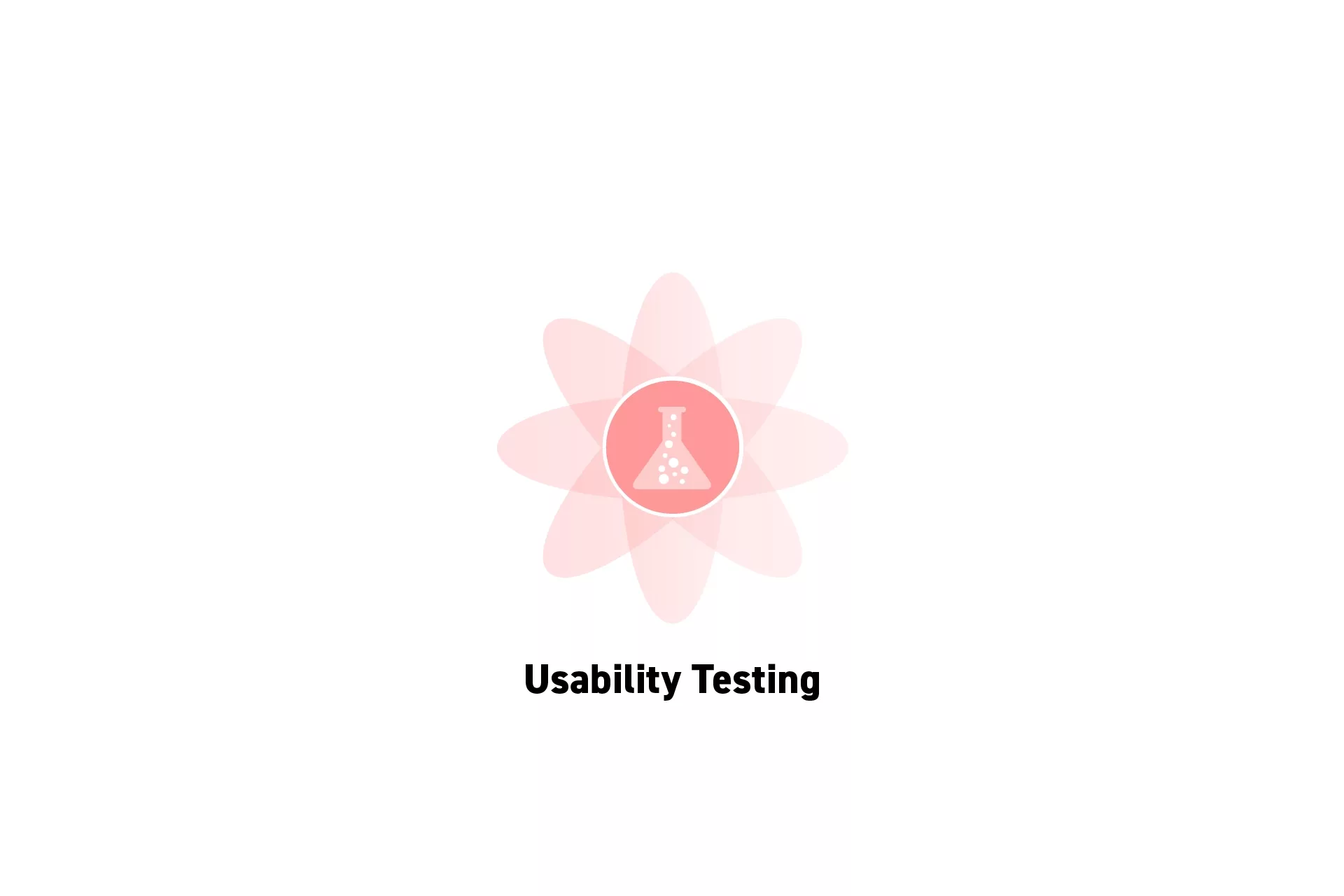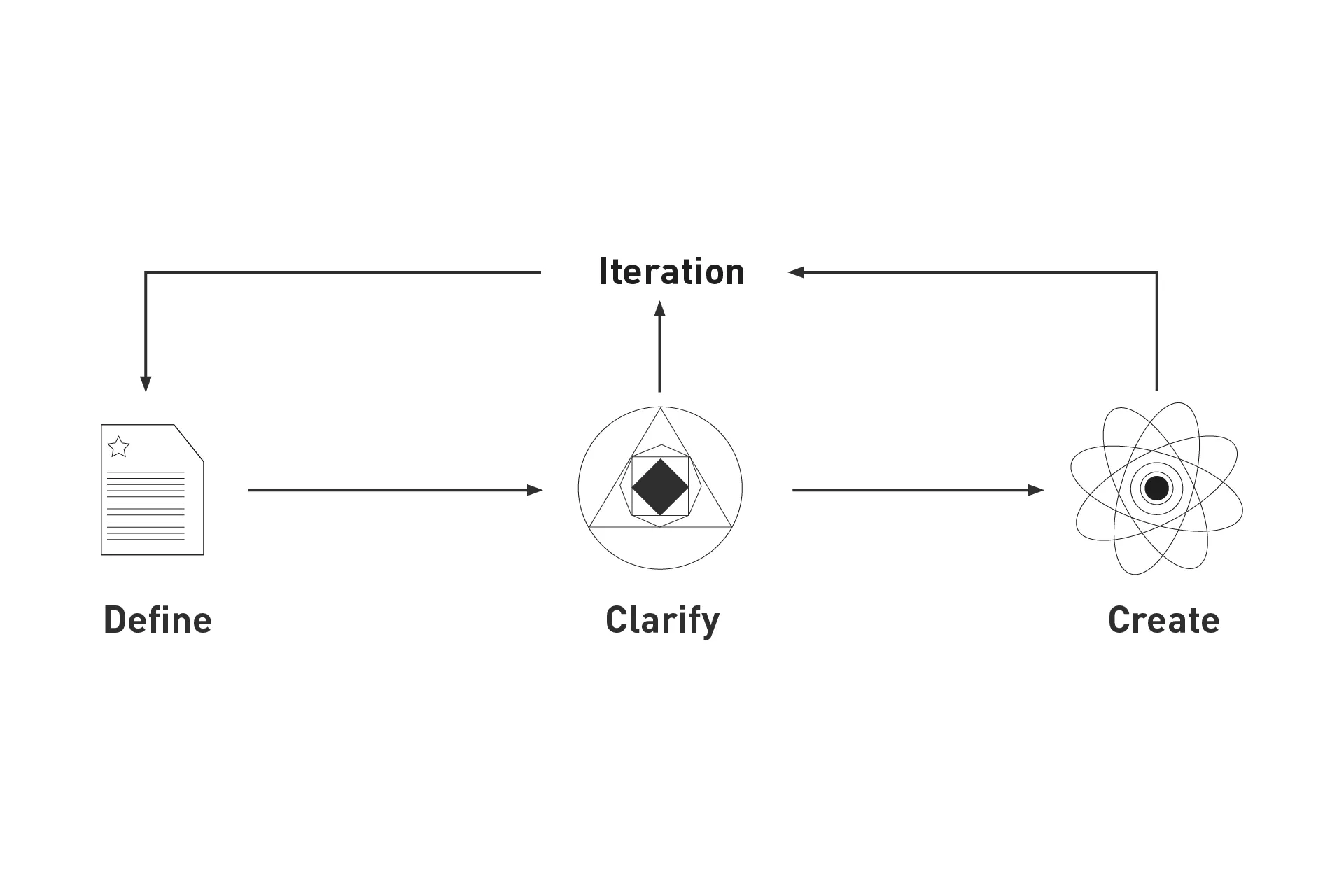How to carry out a Usability Test
A four step process to carrying out usability tests.

A four step process to carrying out usability tests.
SubscribeWhat is Usability Testing?Please note that it is recommended that you carry out a functional test before or as part of a usability test.
Step One: Create something to test
In order to carry out a usability test, you must have something to test.
We recommend that you write a hypothesis and define a target audience as part of the process of creating your product, service, experience or feature.
Step Two: Find the participants
Find the individuals that you are going to test your creation on.
The number of participants can range from 1 individual to 5000+.
Step Three: Carry out the usability test
Invite the participants to your test site or invite them to a video conference with screen sharing.
Place the product, service or experience in front of them and observe their behavior.
It is important that you do not help, assist or interrupt them as these tests are meant to tell you what works and what does not.
Consult the link below for resources that may help you with your usability test.
Step Four: Evaluate the Results
Carry out qualitative and statistical analysis on the results, draw conclusions and evaluate the outcome.
To learn more about statistical analysis consult this link.
Additionally, we recommend that you consult our Methods for Synthesizing User Research article linked below to learn about design thinking products that could come out of the research that you have conducted.
These products are created using popular design research methodologies which are intended to help you and your organization innovate effectively.
Always remember, the work is never done

delasign's process
When carrying out usability tests, it is important to note that they are neither a start nor an end.
They should serve as a means to learn more about what works and what does not.
They are also capable of demonstrating that you should not pursue a feature or a product, service or experience - and that's OK.
Looking to learn more about Research and Strategy?
Search our blog to find educational content on research and strategy.